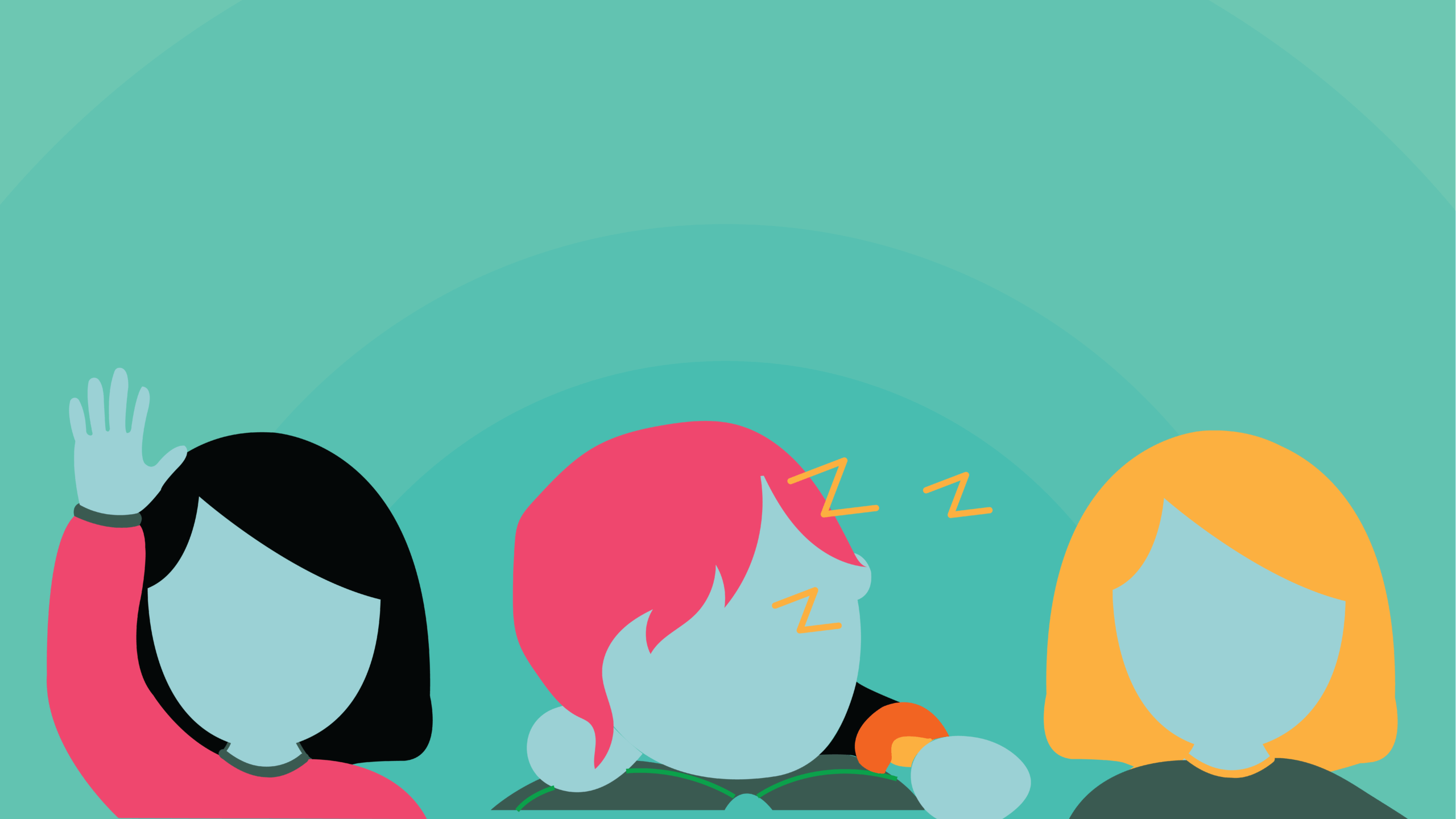By Kieona George
Imagine waking up on public transportation in a foreign country, forgetting that you even fell asleep. That has happened to me on more than one occasion.
I used to think I was just a person who was able to sleep wherever, whenever. I thought I was someone who needed the sugar of chocolate milk to stay awake in as many classes as possible, and took consistent naps after working out. Until, that is, I learned about iron deficiency anemia.
Iron deficiency anemia is a disorder in which blood lacks healthy red blood cells. Due to a deficiency of iron, red blood cells are not able to produce hemoglobin, a protein molecule that makes blood red and carries oxygen from the lungs to the rest of the body.
Everyone is tired, but I’m TIRED
Every student can relate to being tired, but if you’re anemic, your body, which has to take you through lectures, work and a social life, has less energy than people who are not anemic. It can become difficult to stay awake late at night to do schoolwork if you have to, you can lose focus in the lectures you pay thousands of dollars for and have a dangerous lack of awareness in public spaces and transportation.
According to the World Health Organization, anemia affects 1.62 billion people. Non-pregnant women is the biggest group of 468 million individuals affected. Dr. Makoto Trotter, a naturopathic doctor at Zentai Wellness Centre, a wellness centre with a holistic approach at Jarvis and Carlton streets, said that anemia is more common than people think, and many cases go undiagnosed.
“For women, if you’re getting a regular period you’re losing a bit of blood every month,” said Trotter. “The net amount of hemoglobin is just going to keep dropping and dropping.”
Iron deficiency can even get in the way of students trying to stay active during school. Since the body is receiving less oxygen than normal, exercise can make matters worse for those with anemia. Trotter said it can deplete your energy further. That’s why he suggests a lighter workout for someone looking to correct their hemoglobin.
Get your iron on
To include more iron in your diet, fish, meat and poultry are options from animal proteins, according to the Government of Canada. For vegetarians, eggs, grains, dried fruits, beans, lentils, peas and soybeans are listed as foods where iron can be found. Trotter said he thinks hummus, red bell peppers, a handful of nuts and seeds, and fruit are the perfect snacks.
For his own patients, Trotter recommends iron supplements or injections of B12, a vitamin in blood that’s abundant in red meat. His process of determining the right course of action begins with talking about the patient’s lifestyle and energy. He recommends getting blood work done to see their iron levels.
“My first recommendation would be not to just go to your local drugstore and get iron,” said Trotter. The risk is that a large dose of iron can create digestive problems. He recommends iron bisglycinate and said that patients should see their health professional about dosing.
When you’re tired, don’t turn to coffee. “The energy is not in the cup of coffee—the coffee is stealing it from your body.” Coffee only helps in the short-term and will exercise the adrenal glands. This will affect your body’s response to stress and cause them to become even more worn out in the long-term.
“It’s basically like you’re running on an empty tank of gas, then you’re squeezing that last little bit out.”













Leave a Reply